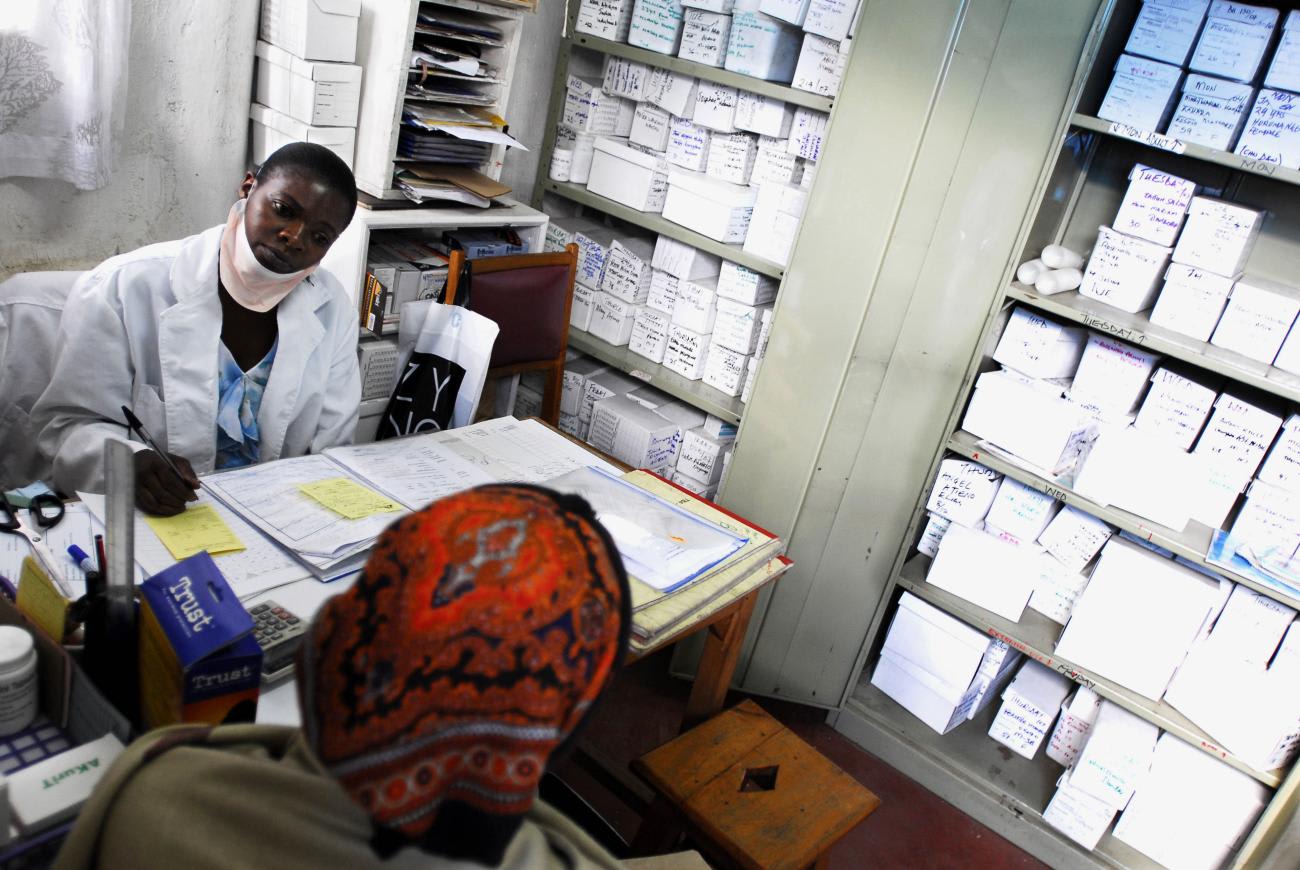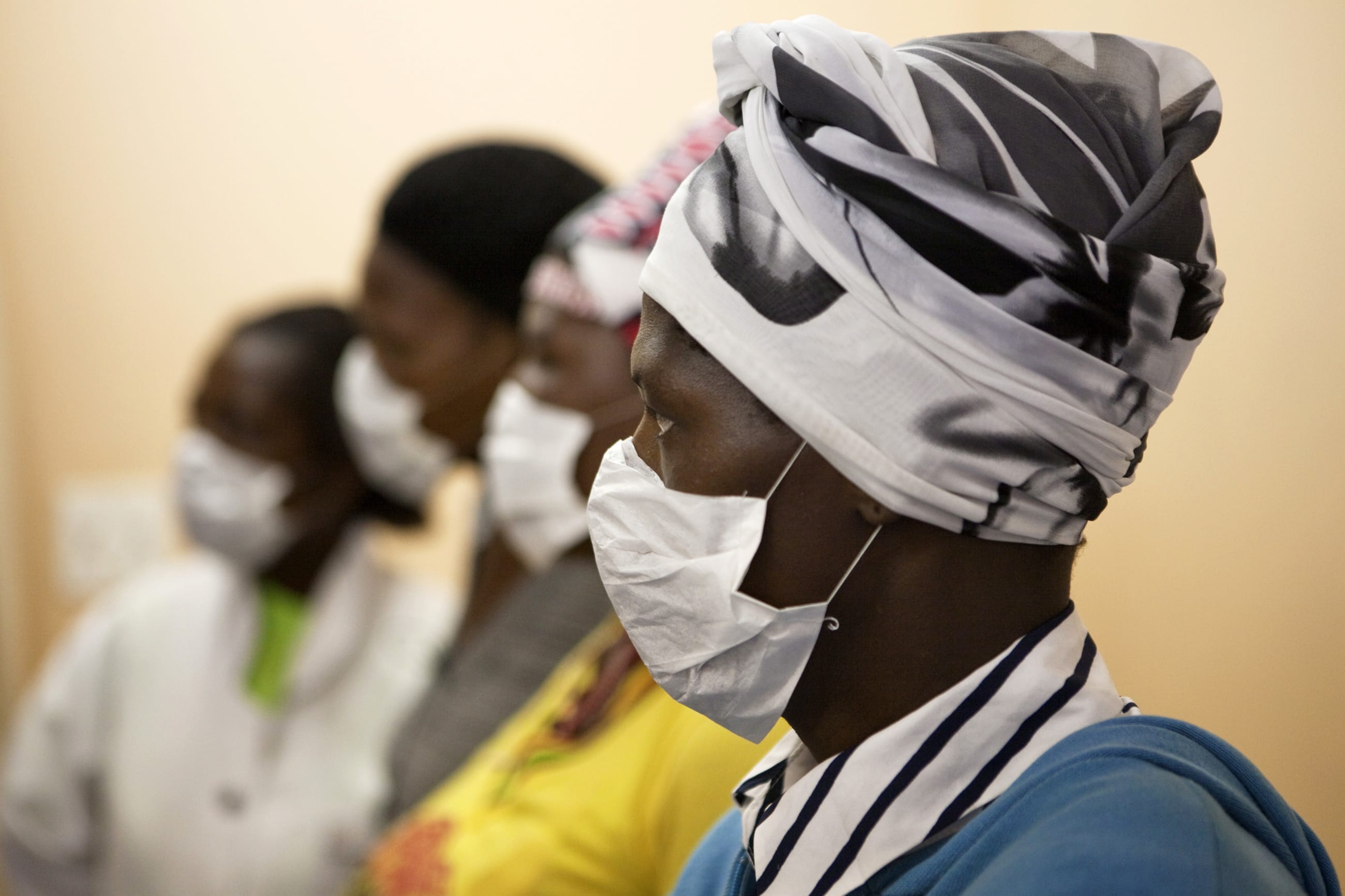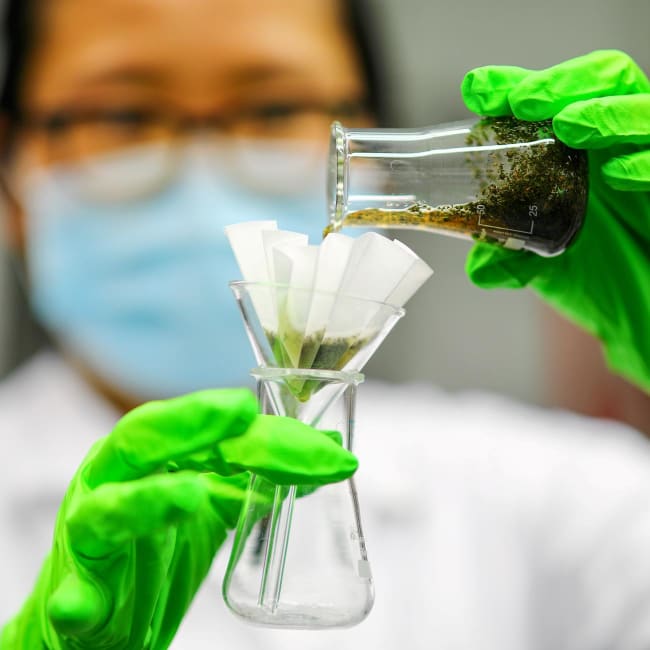With the Global Fund's eighth replenishment on the horizon, the world has a critical opportunity to close the deadly financing gap in tuberculosis (TB) care. The global goal of ending TB by 2030 is fast approaching, and Africa stands at a crossroads. In 2023, TB claimed approximately 403,000 lives across the continent—a number representing progress from a decade ago but still 32% of the global deaths reported that year. Recent funding cuts from significant donors have amplified concerns, disrupting health-care delivery and exposing a harsh truth: Africa cannot rely on external saviors to fill health-care gaps.
At the same time, recent developments sharpen the urgency and opportunity. The 25% price drop for pretomanid, a key drug for multidrug-resistant TB, to less than $1 per day makes treatment more affordable. Meanwhile, the Global Fund's historic announcement of its first African-made, first-line HIV treatment signals growing confidence in the continent's pharmaceutical capacity and the potential of local solutions. Yet, despite these advances, global TB funding in 2023 stood at just $5.7 billion—far below the $22 billion annual target set for 2027 by the UN high-level meeting on TB.
The impending crisis isn't just about lost funds but also about overreliance on them. Early this year, the World Health Organization (WHO) warned that collapsing surveillance systems stemming from the loss of aid could result in a surge in drug-resistant TB that threatens millions of lives.
Governments should seize this moment to build resilient, self-sufficient TB responses that ensure that our people's health doesn't hinge on foreign goodwill.
The question isn't whether aid will rebound, but whether Africa will safeguard the TB response against future shocks
In 2023, Africa mobilized $898 million for TB prevention, diagnostics, and treatment, of which 45% came from domestic sources and 55% from international donors. This falls $3.6 billion short of the $4.5 billion needed annually. High-burden countries across the continent, such as Central African Republic, face mounting strain as donor support wanes, compounding the risk of untreatable TB strains. The WHO Africa reports that more than half of multidrug-resistant TB cases remain undiagnosed, a crisis exacerbated by funding shortfalls.
Although the loss of funding is a setback, it is also a chance to develop concrete, sustainable strategies that work for Africa's communities. Africa has the expertise to offer world-class diagnosis and treatment and can produce its own drugs and vaccines, but this work must be funded.
The question isn't whether aid will rebound, but whether Africa will safeguard the TB response against future shocks. Here's how we can do it.
Boost Domestic Budgets with Accountability
Political resolve is key. Although global TB funding dipped between 2019 and 2023, domestic contributions in low- or middle-income countries grew—a trend Africa now needs to accelerate.
On World TB Day in March 2025, Nigeria's legislature allocated $457 million for health programs, an achievement championed by Global TB Caucus member Amobi Godwin Ogah. The Abuja Declaration's 15% health spending goal [PDF], however, eludes most African countries, which spend, on average, less than 7% of their annual budgets on health [PDF]. Zambia, for instance, increased [PDF] its absolute spending from 20.9 billion kwachas (approximately $895.8 million) in 2024 to 23.1 billion kwachas (approximately $990 million) in 2025. But health spending's share of the national budget declined—from 11.8% to 10.7%—well below the Abuja target.
This mismatch between spending increases and proportionate commitments threatens the health system's ability to address growing risks such as TB.

Only South Africa has consistently hit this spending target, although other high TB-burden countries, such as Botswana, have met this target in recent years. To ensure that the Abuja Declaration's spending goals are met, members of parliament need to dive into budget processes, securing bridge financing to sustain services in the short term and pushing for the Abuja targets to be met at pace. Beyond budget allocations, parliamentarians also play a crucial role in budget oversight and accountability. Every dollar must count.
Innovative Financing for Resilience
New funding models are urgently needed. The Global Fund has been a major player, investing $9.9 billion in TB prevention and treatment programs globally as of June 2024, contributing to a 36% drop [PDF] in TB deaths between 2002 and 2022 in recipient countries.
A successful replenishment of the Global Fund later this year will be a make-or-break moment for global public health. Specific models include a $407 million grant launched in 2024 to sustain Kenya's progress against AIDS, TB, and malaria and strengthen health and community systems across the country.
The Global Fund's Debt2Health initiative offers another example: In December 2024, a 75 million euro (approximately $87.5 million) Germany-Indonesia debt swap—the largest to date—redirected funds into TB diagnostics, local medicine production, and health system strengthening. This model, which has generated $330 million globally since 2007, can help African nations convert debt into health investments.
Other innovative models to consider include blended finance, implementing sin taxes on alcohol and tobacco products, and increased tax revenue that can be used toward public health.
Own the Fight
Governments answer for people's lives. An African parent with a sick child can't hold policymakers in Berlin or Washington accountable for shifting priorities, but they can hold their own leaders responsible for being unprepared to respond to challenges.
Overseas development assistance has long operated on the principle of recipient countries' taking greater ownership of their development as their technical and financial capacity increases. Although that process has been relatively gradual, recent developments highlight how governments can no longer afford a gradual transfer.
Africa's governments need to take the wheel, collaborate with remaining partners, and increase domestic funding to ensure citizens have access to core and hard-won progress is not lost to chaotic and sudden donor withdrawals. Investing in TB prevention and treatment is not just an investment in the health of Africa's citizens but also its economic future. This micro-vigilance and collaboration needs to spread continent-wide. African families deserve leaders accountable to them, not distant donors.
The continent's future—and millions of lives—rest on leaders' resolve. Let's act on it.













